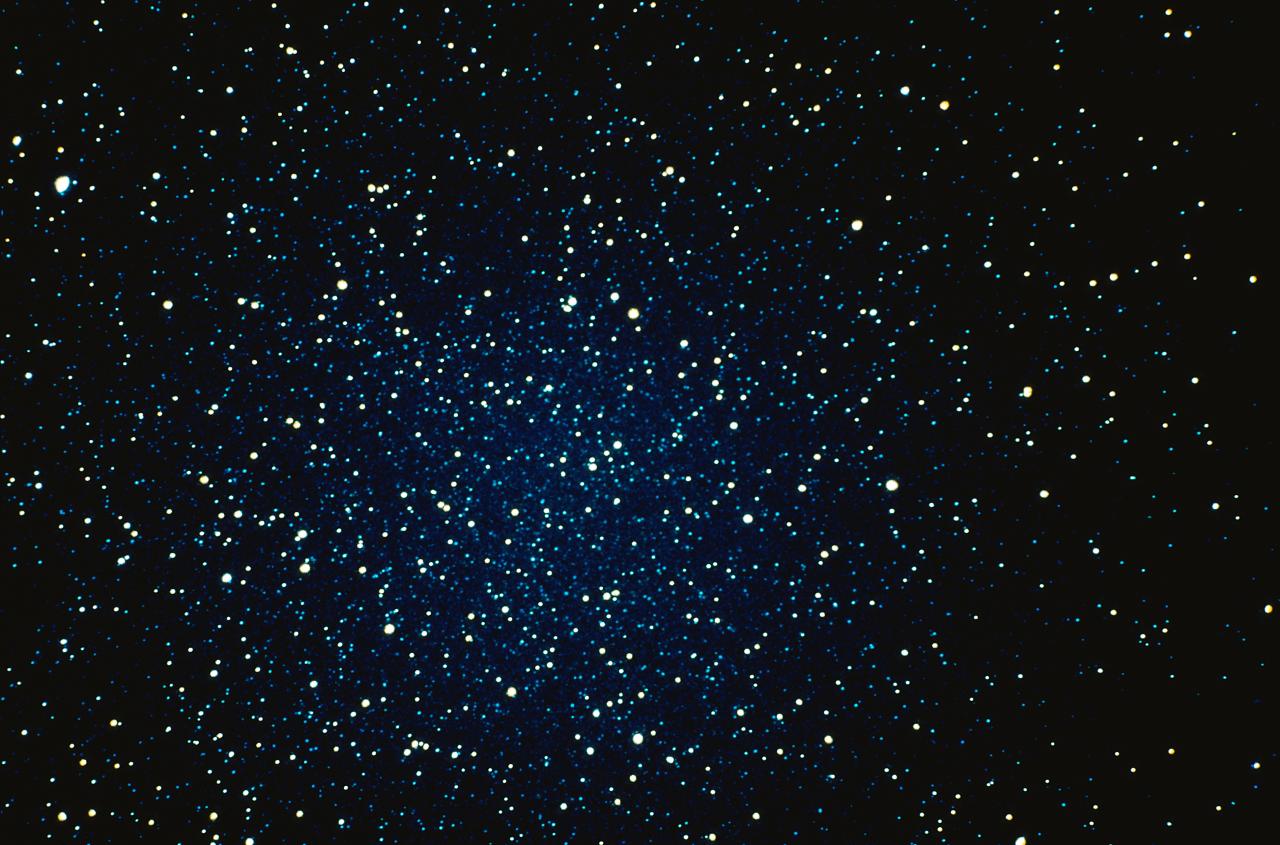
NASA is working on the most powerful rocket ever built: the Space Launch System. What could it be used for to explore the Solar System?

Cassini will pass through Saturn’s upper atmosphere during the final five orbits of the mission, before making a fateful plunge into Saturn on 15 September 2017.

A discovery on Saturn's Moon Titan could be an indication of how life begins to emerge throughout the Universe.

Pictures of Jupiter's most powerful storm, have been transmitted to Earth, giving eager scientist close-up views of the 10,000-mile-wide anticyclone where winds have been howling for at least 187 years.

If we're going start building colonies elsewhere, then one of the essential resources we're going to need is energy. A new study says Saturn's largest moon, Titan, has it in abundance.

The plane of the solar system is warped in the outer reaches of the Kuiper Belt, signaling the presence of an unknown Mars-to-Earth-mass planetary object far beyond Pluto, according to a new research.

A new study suggests that the early Solar System was quickly divided in two, with the rapidly forming Jupiter creating the dividing line.

The original plans for the Juno mission to Jupiter didn’t include a color camera. But a camera was added to the manifest, and the incredible images from the JunoCam have been grabbing the spotlight.

NASA will send the Parker Solar Probe to the sun in 2018. The landmark mission “will revolutionize our understanding of the sun.”

NASA is releasing Juno’s first scientific results and Jupiter appears a lot weirder than anyone thought it would be.

The United Arab Emirates has unveiled a new project that aims to establish the first inhabitable human settlement on Mars by 2117.

New observations suggests that the largest of Jupiter's Moon Io lakes, Loki Patera, produces enormous waves that repeatedly flow around the molten surface.

The image was taken on 11 December 2016 at 1744 UT, from an altitude of about 52,200 kilometres above the planet’s beautiful cloud tops.

Before it goes out in a blaze of glory, Cassini has been sending back some of the most incredible images of Saturn and its moons—but one of its latest from Saturn’s rings is especially spectacular.

Using the ALMA, astronomers have revealed extraordinary details about a recently discovered far-flung member of our Solar System, the planetary body 2014 UZ224, more informally known as DeeDee.